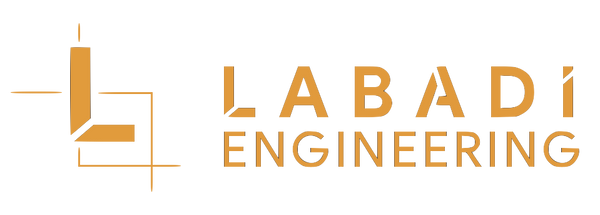
Maximizing ROI: Strategic Investment in Construction Equipment and Attachments
Share
In today's competitive construction industry, making informed decisions about equipment investment can significantly impact a company's bottom line. Understanding the total cost of ownership when considering an excavator for sale involves analyzing multiple factors beyond the initial purchase price.
Modern excavators represent substantial capital investments, but their versatility can generate multiple revenue streams. The key lies in selecting equipment that matches your project portfolio while maintaining flexibility for future growth. For smaller operations, a well-chosen mini excavator for sale can provide excellent returns by enabling access to confined space projects while minimizing operational costs.
Strategic selection of attachments plays a crucial role in equipment utilization. A versatile hydraulic grab attachment can transform a standard excavator into a specialized material handling machine, expanding its application range and revenue potential. Similarly, investing in quality excavator buckets for sale appropriate for different soil conditions can significantly improve productivity and reduce wear on the primary machine.
For contractors dealing with challenging terrain, an excavator ripper attachment can eliminate the need for explosive breaking or specialized equipment rental, providing substantial cost savings over time. This versatility becomes particularly valuable when bidding on diverse projects with varying ground conditions.
The Gold Coast construction market offers numerous opportunities for equipment optimization. Working with reputable suppliers of heavy equipment attachments Gold Coast ensures access to quality products and expert guidance in selecting the most cost-effective solutions for specific applications.
Maintenance strategy plays a crucial role in equipment ROI. Access to reliable construction machinery parts Queensland suppliers enables preventive maintenance programs that extend equipment life and minimize costly downtime. Regular maintenance using quality parts typically costs less than emergency repairs and replacement of major components.
Digital fleet management systems have revolutionized equipment utilization tracking. These platforms provide detailed insights into machine performance, fuel consumption, and maintenance needs, enabling data-driven decisions about equipment deployment and replacement timing. This technology helps identify underutilized assets and opportunities for improved resource allocation.
Operator training represents another crucial investment area. Well-trained operators can maximize equipment efficiency, reduce wear and tear, and minimize fuel consumption. This investment in human capital directly impacts equipment longevity and project profitability.
Equipment financing options have evolved to accommodate various business models. Traditional loans, leasing arrangements, and rent-to-own programs offer flexibility in managing cash flow while building equity in equipment assets. Understanding these options helps companies optimize their capital structure and maintain financial flexibility.
The residual value of construction equipment significantly impacts long-term ROI. Premium excavators typically maintain higher resale values, particularly when properly maintained with quality parts and regular service. This factor should be considered when evaluating initial purchase decisions.
Project diversification capabilities also influence equipment ROI. Machines that can easily adapt to different types of work through attachment changes offer better utilization rates and increased earning potential. This flexibility becomes particularly valuable during market fluctuations when certain construction sectors may slow while others remain active.
Insurance and warranty considerations form another crucial aspect of equipment cost management. Comprehensive coverage can protect against unexpected repairs and liability issues, while extended warranties on major components provide peace of mind and predictable maintenance costs.
The emergence of equipment sharing platforms and short-term rental markets creates additional revenue opportunities for equipment owners. During periods of lower utilization, these platforms enable equipment owners to generate income from their assets while maintaining full control over their use and maintenance.
Environmental regulations and sustainability requirements increasingly influence equipment investment decisions. Machines meeting higher environmental standards may command premium rates on certain projects and maintain better resale values in markets with strict emissions controls.
